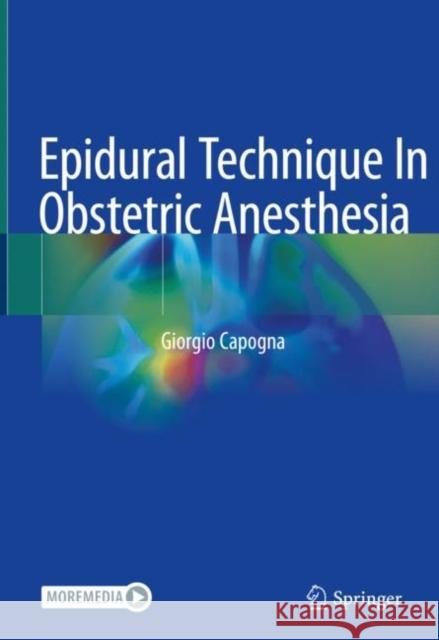Epidural Technique in Obstetric Anesthesia » książka
topmenu
Epidural Technique in Obstetric Anesthesia
ISBN-13: 9783030453312 / Angielski / Twarda / 2020 / 166 str.
Epidural Technique in Obstetric Anesthesia
ISBN-13: 9783030453312 / Angielski / Twarda / 2020 / 166 str.
cena 523,30
(netto: 498,38 VAT: 5%)
Najniższa cena z 30 dni: 501,19
(netto: 498,38 VAT: 5%)
Najniższa cena z 30 dni: 501,19
Termin realizacji zamówienia:
ok. 16-18 dni roboczych.
ok. 16-18 dni roboczych.
Darmowa dostawa!
Kategorie BISAC:
Wydawca:
Springer
Język:
Angielski
ISBN-13:
9783030453312
Rok wydania:
2020
Wydanie:
2020
Ilość stron:
166
Waga:
0.50 kg
Wymiary:
25.91 x 19.56 x 1.27
Oprawa:
Twarda
Wolumenów:
01











